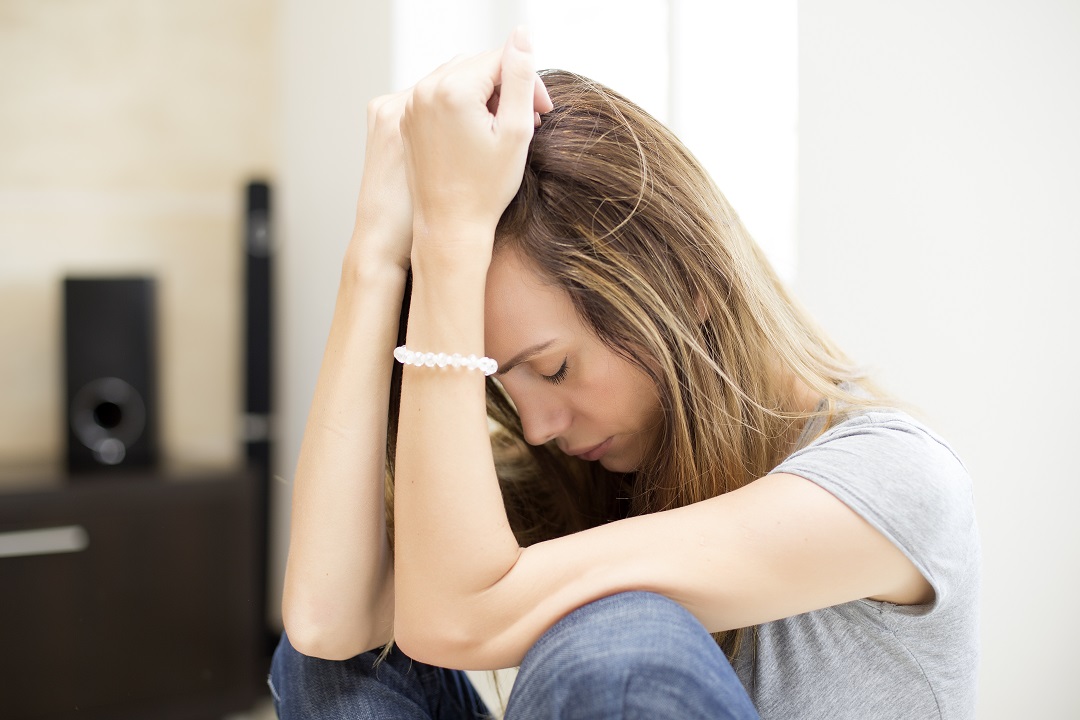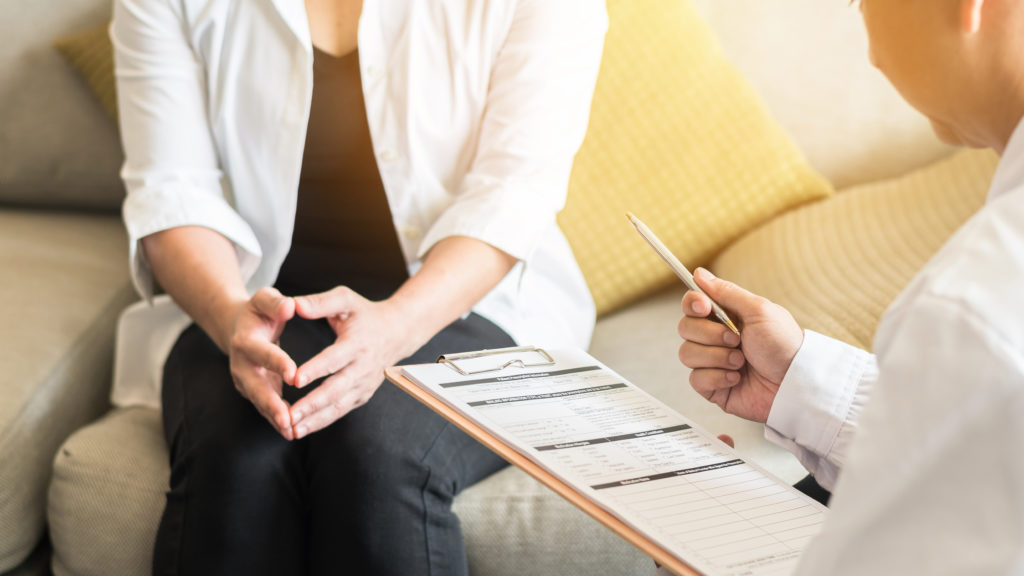
A quick review of substance use statistics clearly reveals an unexpected trend: in many cases, women are more prone to substance use than men. There are many reasons for this, but it illuminates the urgency of seeking treatment for women dealing with these struggles.
While there are certain similarities between the risk factors that predispose men and women to developing a substance use disorder, there are unique factors that may cause women to struggle with addiction more. In order to get the help you need, or provide assistance for a struggling family member or friend, it is beneficial to know the risk factors for substance use disorder in women.
Risk factors for women and substance abuse
Knowing the risks for women can help with preventative strategies, as well as help determine whether or not one’s circumstances may be the root cause of substance abuse development.
Family history and trauma
Women with family histories that include trauma and abuse are much more prone to developing substance use disorders as a means of coping with the negative emotions those situations present.
According to one study, “Up to 59 percent of young people with PTSD subsequently develop substance abuse problems. This seems to be an especially strong relationship in girls. Others found that alcohol and drug consumption was associated with greater PTSD symptoms 1 year after a disaster. Additionally, women who used drugs were found to have significantly higher mean scores for total PTSD symptom severity and were more likely to meet the criteria for a diagnosis of PTSD compared to nonusers.”
For this reason, it’s especially important for women with a history of trauma to be aware of the potential side effects and the negative impact it may have on their long-term mental health.
Untreated mental illnesses
It is also common for women with mental illnesses to turn to substance use in order to self-medicate. This is especially true for mental illnesses that are not otherwise treated through medication, therapy and other healthy solutions. Some of the mental illnesses that might commonly coincide with substance use include the following:
• Schizophrenia
• Bipolar Disorders I & II
• Clinical depression
• General anxiety
• Post-traumatic stress disorder
• Borderline personality disorder
Any of these conditions can cause immense stress and motivate a woman to self-medicate in order to alleviate some of that stress. Finding the appropriate treatment for mental illness while also addressing a substance use disorder is important to fostering good mental health and ensuring long-term recovery.
Relationships and partners’ behavior
Just as one’s family can foster unhealthy substance use, a woman’s relationship with her partner may also increase the risk depending on whether or not the relationship is threatening to the woman. An intimate relationship can trigger unhealthy substance use if it is stressful, abusive or coercive, and/or if a woman’s partner uses substances.
In a number of studies, intimate partner violence (IPV) was proven to be a catalyst for substance abuse in most relationships:
- 47 percent of women entering substance abuse treatment reported experiences of victimization from their partner
- 67 percent of women entering treatment reported physical violence
- 31 percent of women using injectable drugs reported physical and sexual violence
- 90 percent of women attending a methadone clinic had been a victim of intimate partner violence
Across the board, women who have suffered violence from their intimate partner are ultimately at a much higher risk for developing a substance use disorder.
Unemployment and financial stress
Unemployment and underemployment are incredibly stressful for anybody. For women, this situation can cause financial dependency on a partner and emotional dependency on other resources, such as substances. The financial stress of employment insecurity is often enough to trigger substance use for women who are already at risk because of other factors.
Additionally, any financial stress, including increasing costs of living, unforeseen medical bills or emergency situations can be overwhelming and potentially triggering. In order to avoid falling prey to the draw of substance use, it is important during these times to seek appropriate help from either a trustworthy friend, family member or therapist.
Treatment for women battling addiction
If you are a woman battling a substance use disorder, you do not have to do this alone. No matter what circumstances led to the triggering of substance abuse, treatment programs of all levels are available to get you the help you need.
To get in touch with a counselor at High Focus Centers today, contact us to learn more about our recovery programs for women.
Recent Posts
- Is Complaining an Addiction? Understanding the Trap of Victim Mentality
- Understanding Attention Spans: What’s Happening to Our Focus?
- Klonopin Side Effects: Understanding the Risks
- Validation Addiction: The Hidden Struggle Behind the Need for Approval
- Understanding Impulsive vs. Intrusive Thoughts: What’s the Difference?



